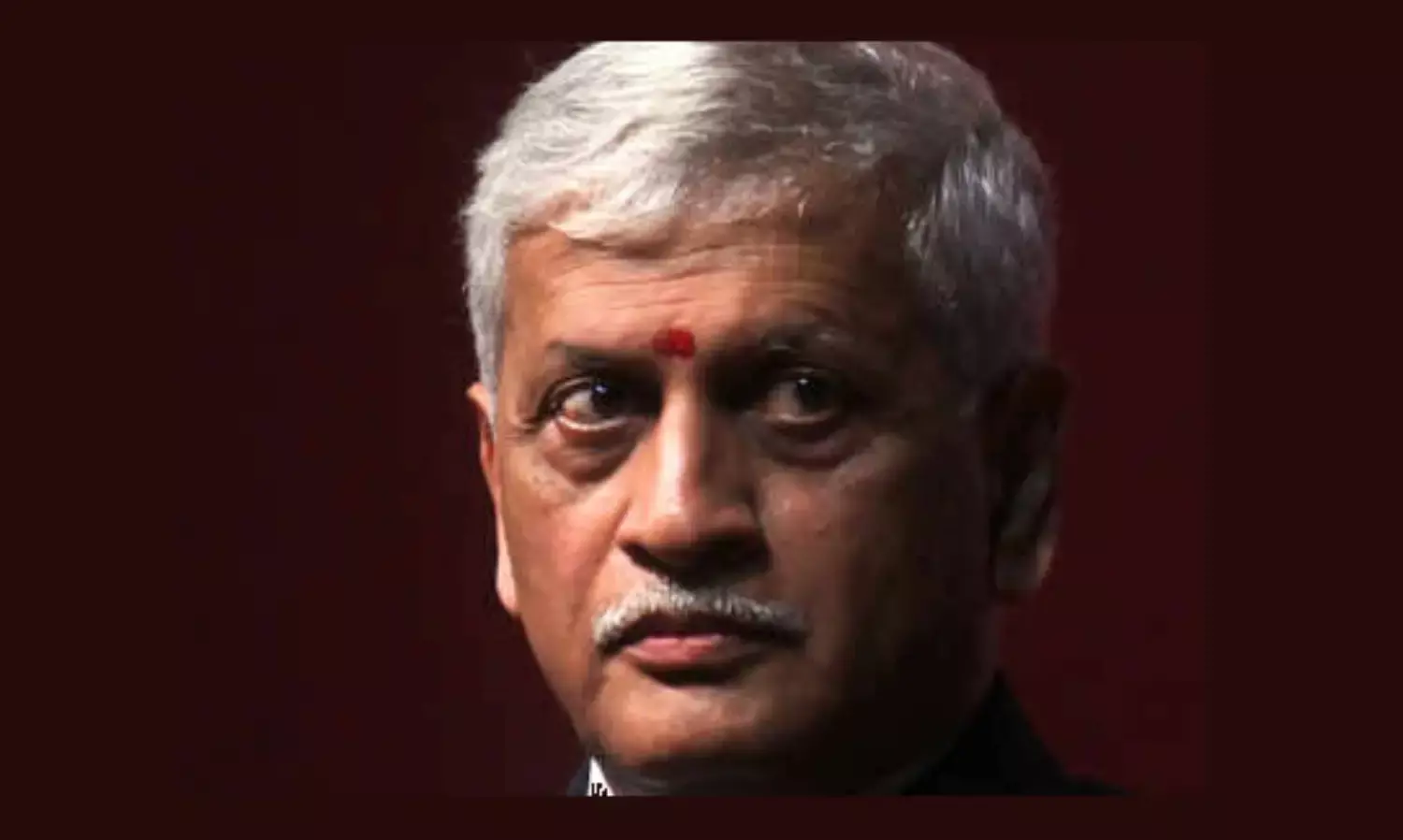Why Justice UU Lalit Recused Himself from Ayodhya
Kalyan Singh violated court orders on Babri, in contempt cases Lalit was his lawyer;

NEW DELHI: The Supreme Court today adjourned hearings in the Ram Janmabhoomi Babri Masjid title dispute to January 29. This followed the recusal of Justice Uday U Lalit from the case, after senior advocate Rajeev Dhavan, appearing for the UP Central Sunni Waqf Board, pointed out that Justice Lalit had represented former UP chief minister Kalyan Singh in a criminal contempt case linked to dispute.
On October 24, 1994 the case of Mohammad Aslam vs Union of India was taken up by a Supreme Court bench of Chief Justice MN Venkatachallia and Justice GN Ray.
Action was sought against then prime minister PV Narasimha Rao, SB Chavan, LK Advani, Murli Manohar Joshi, Kalyan Singh, Vijayaraje Scindia and Ashok Singhal, for the deliberate and wilful violation of orders of the Supreme Court and the Allahabad High Court.
Those petitions raised important questions about whether courts could initiate contempt proceedings against the state and its ministers for failing to obey judicial pronouncements.
In its judgment in that case the Supreme Court observed, ‘Thousands of innocent lives of citizens were lost, extensive damage to property caused, and more than all damage to the image of this great land as one fostering great traditions of tolerance, faith, brotherhood amongst the various communities inhabiting the land was impaired in the international scene.’
The court did launch contempt proceedings suo moto (on its own initiative) against CM Kalyan Singh and UP government officers, in relation to what had happened on December 6, 1992.
The court observed that it had been given several assurances given by the UP chief minister, that his government would:
. Make all efforts to find an amicable resolution of the issue,
. Hold itself fully responsible for the protection of the Babri Masjid - Ram Janmabhoomi structures, pending a final solution,
. Fully implement the orders of the court in regard to land acquisition proceedings, and
. Not permit the judgment of the Allahabad High Court in the cases pending to be violated.
In its judgement in Mohammad Aslam the apex court said, ‘We find that the undertaking given by Shri Kalyan Singh was both in his personal capacity and on behalf of his Government. There has been a flagrant breach of that undertaking. There has been wilful disobedience of the order.’
‘It is unhappy that a leader of a political party and Chief Minister has to be convicted of an offence of contempt of court.’
‘But it has to be done to uphold the majesty of law. We convict [Kalyan Singh] of the offence of contempt of court. Since the contempt raises larger issues which affect the very foundation of the secular fabric of our nation, we also sentence him to a token imprisonment of one day. We also sentence him to pay a fine of Rs 2000,’ the Supreme Court said.
In this case Kalyan Singh was represented by current Attorney-General KK Venugopal. In 1997, in further associated cases which heard petitions questioning the single-day prison sentence awarded to him for contempt of court, Singh was represented in court by UU Lalit.
Today, after Justice Lalit recused himself, Chief Justice Ranjan Gogoi said the court would constitute a new bench ahead of the next hearing on January 29.
The Ayodhya title dispute was to be heard by a constitution bench comprising CJI Gogoi and Justices SA Bobde, NV Ramana, UU Lalit and DY Chandrachud.
Although Dhavan said in court that he was not seeking Justice Lalit’s recusal, the judge opted out.
The CJI, after a brief consultation with Justice Lalit and other judges on the bench, said ‘the question is not about whether the case he appeared in is part of the main case or not. Justice Lalit is of the opinion that he should not be part of these proceedings.’

